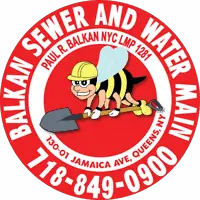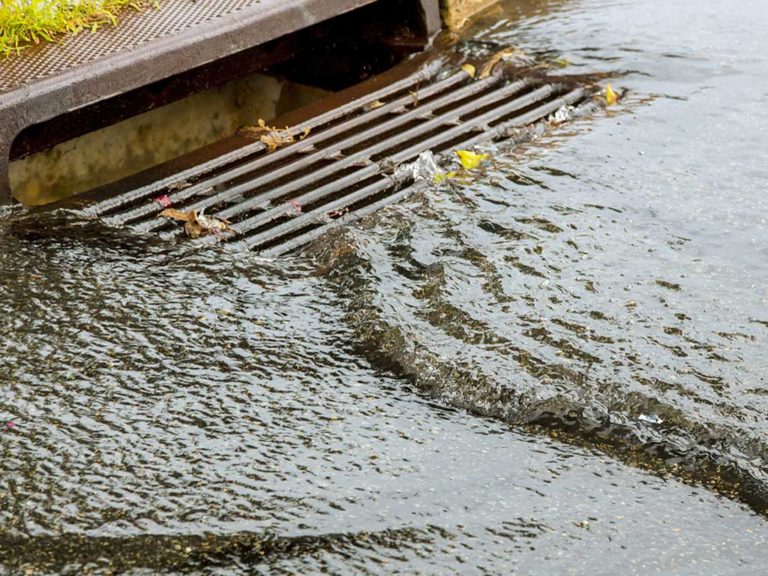Have you ever thought about the journey of how the water supply that reaches your faucet gets there from the New York City water supply? Millions of residents rely on this complex yet impressive system to deliver clean, drinkable water daily. Did you ever wonder about how much you know about this vital resource?
What follows are some interesting facts and information courtesy of Team Balkan that you might find very interesting.
The New York City Water Supply Is An Engineering Marvel
Trying to get a basic understanding of the New York City water supply system isn’t just about trivia or “fun facts”, it’s about appreciating the infrastructure that keeps our city healthy and functional.
The 10 questions that follow will test your knowledge of the origins, treatment, and distribution of New York City’s water supply, and also give you some “fun facts”!�
1. Is the New York City Water Supply Filtered?
Interestingly, the majority of New York City’s water supply isn’t filtered. Around 90% of the water delivered to your faucet comes from upstate reservoirs via a network of aqueducts. This water source, thanks to strict watershed protection programs and natural filtration through rocks and soil, meets safety standards without needing a traditional filtration plant.
However, there is one exception: The Croton system, which supplies about 10% of the city’s water and does undergo filtration. The Croton reservoir can also experience periods of higher turbidity, meaning the water contains more suspended particles like silt or clay. While these organic particles aren’t necessarily harmful, they can cloud the water and also make disinfection less effective.
Additionally, the plant utilizes a multi-stage process to address this issue:
- Coagulation: Aluminum sulfate is added to cause the suspended particles to clump together.
- Flocculation: These clumps are then gently mixed to form even larger flocs.
- Sedimentation: The heavy flocs settle out of the water in large tanks.
- Filtration:The water passes through sand and gravel filters, removing any remaining particulates.
- Disinfection: Finally, all NYC water, regardless of filtration, undergoes disinfection with ultraviolet light to eliminate harmful bacteria and viruses.
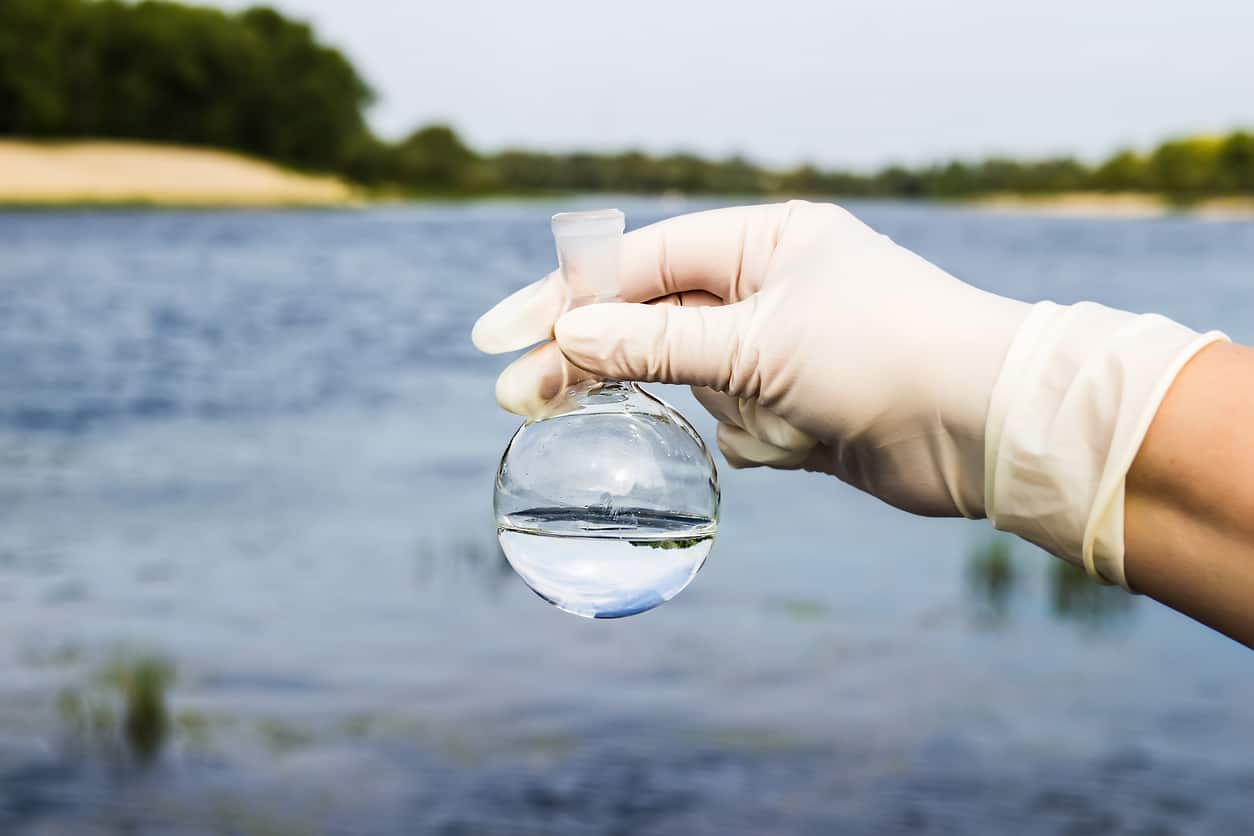
2. Where Does New York City Get Most of Its Water Supply From?
The majority of the New York City water supply comes from the Catskill and Delaware watersheds, which each get their water from rainfall. These two watersheds cover a combined drainage area of approximately 1,972 square miles.
In total, these watersheds consist of 19 reservoirs and three controlled lakes, which provide a vast and reliable water supply for the city and surrounding areas of New York.
3. Are There Living Creatures in the New York City Water Supply?
Of course, there are authorities that monitor the New York City water supply system to ensure it lacks creatures and contaminants that might harm the millions of users of the water supply. There are also scientists from the city who measure water from 50 water testing stations daily.
These water samples undergo testing for microorganisms, toxic chemicals, as well as other contaminants. Regular maintenance and upgrades to the aqueducts and distribution system ensure they remain in good condition and prevent leaks or contamination points.
Is there an exception to the above?
While the above statement might essentially be true, there is an exception. There are indeed tiny crustaceans in the water supplying New York. They are called copepods. Rumor has it that they are intentionally added to the water supply because copepods eat mosquito larvae.
Fun fact: Is the drinking water for New York Kosher?
One would think not, since copepods are indeed crustaceans, and shellfish are not Kosher.
4. How Does New York City Ensure the Quality of Its Water Supply?
To ensure the ongoing and continued quality of the New York City water supply, it also undergoes a comprehensive system of quality control measures. These measures include a series of rigorous testing and monitoring processes. The Department of Environmental Protection (DEP) conducted 357,700 health and quality tests on NYC’s water in 2023 to ensure its safety and quality.
All told, quality testing encompasses a wide range of parameters, including microorganisms, toxic chemicals, and other contaminants. This also guarantees that the water supplied to the city’s residents meets the highest standards for public consumption.
5. Do Chemicals Play a Role In Making the Water Safe To Drink?
Yes, there can be trace amounts of chemicals present in the New York City water supply. However, these chemicals are added for specific purposes and are strictly regulated to ensure safety. These include:
- Chlorine or ultraviolet light to eliminate harmful bacteria and viruses.
- Small amounts of food-grade phosphoric acid or sodium hydroxide to adjust the water’s pH and prevent corrosion in pipes.
- Certain areas may add fluoride to promote dental health, especially for children.
The Environmental Protection Agency (EPA) and the New York State Department of Health (NYSDOH) strictly regulate the levels of all chemicals added to the water supply. These regulations ensure the safety of these chemicals at the concentrations used.
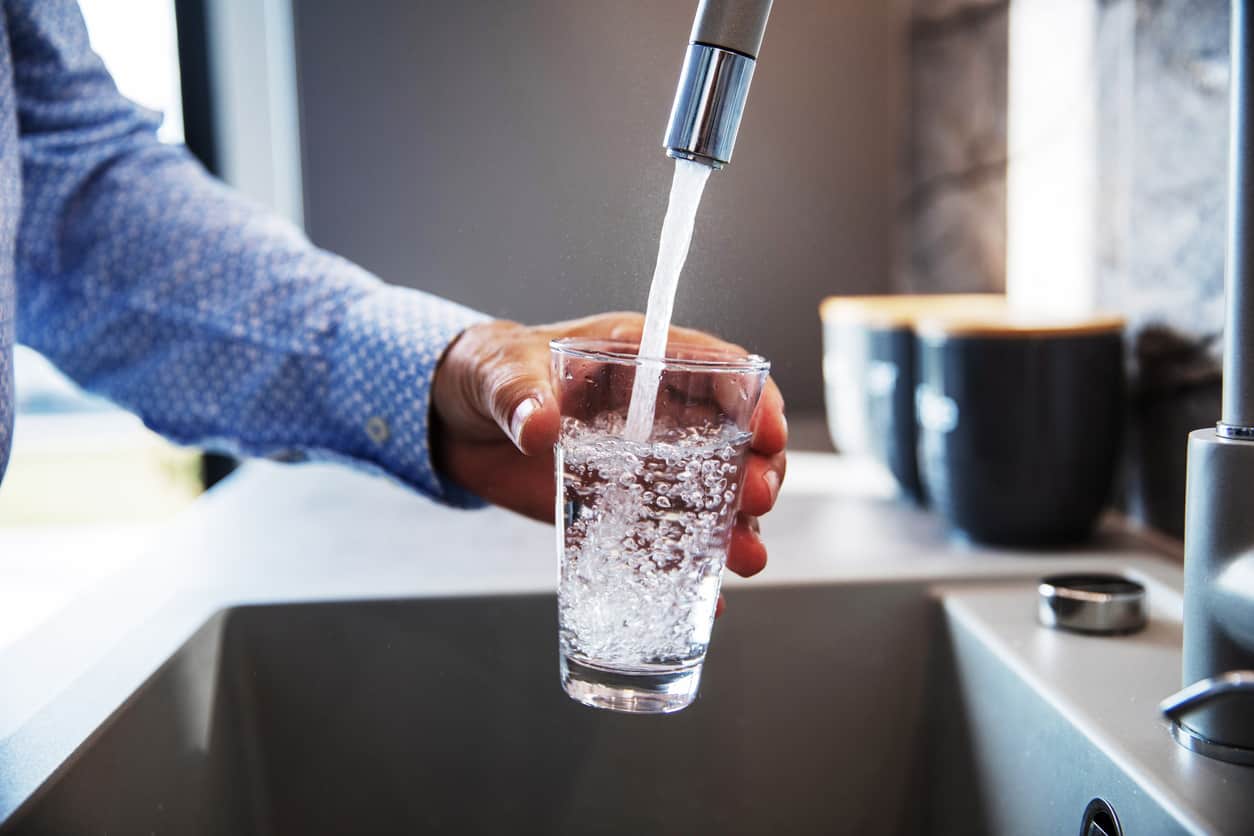
6. How Much Water Does New York City Use Each Day?
New York City consumes nearly 1 billion gallons of water per day. This makes it one of the largest municipal water consumers in the United States. To think about that volume of water differently, 1,000,000,000 gallons weighs 8,330,000,000 pounds (over 8 billion pounds!).
7. What Provides the Water Pressure Required to Serve Most of NYC?
The vast majority of New York City’s water pressure comes from gravity, delivering 95% of the water supply through this natural process, which makes New York’s water pressure incredibly dependable.
Because of the system’s primary reliance on gravity for the majority of the water, it also minimizes the need for pumping stations. This also contributes to the efficiency and sustainability of the system.
8. Does the New York City Water Supply Also Serve Other Areas?
The New York City water supply system serves not only the city itself but also other areas in surrounding counties, totaling nearly half the population of New York State. A network of pipes and infrastructure designed to deliver clean, safe, and dependable drinking water also distributes the water to these areas.
The New York City water supply serves approximately eight million city residents as well as one million consumers in surrounding counties. All told, NYC tap water reaches about 9 million folks.
9. Does the Water Supply Have Protection From Contamination?
Federal, state, and local regulations actively safeguard the New York City water supply system from contamination through a multi-faceted approach. The system is also subject to several regulations, including:
- The Safe Drinking Water Act (SDWA) sets national limits on contaminant levels in drinking water.
- The DEP and the Department of Health collaborate with local health departments to regulate public water supplies and commercial bottled water suppliers, protect water sources, and provide financial assistance.
- The DEP and the Department of Environmental Conservation (DEC) also share the mutual goal of maintaining and improving the quality of the city’s water supply system to enhance public health, safety, and welfare.
- The DEP performs rigorous testing on water samples for microorganisms, toxic chemicals, as well as other contaminants that could potentially harm users of the water supply system.
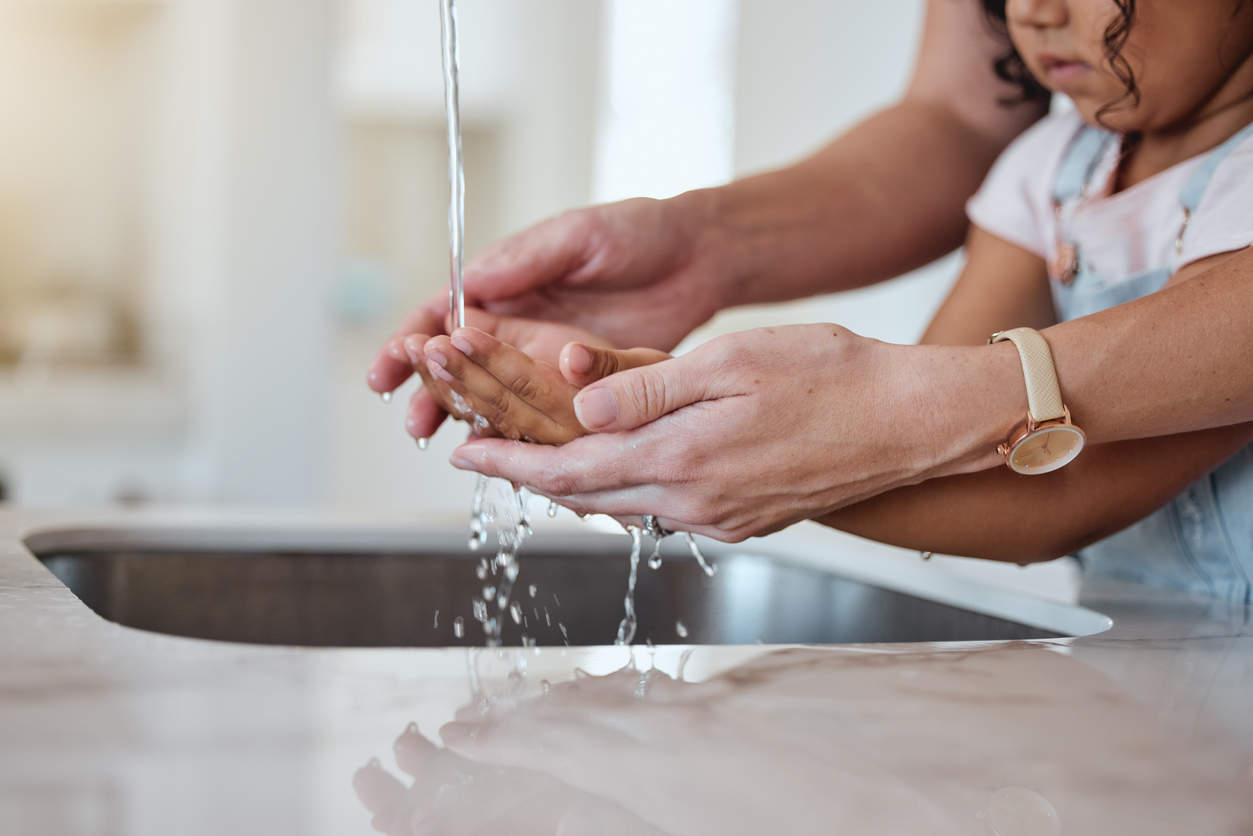
10. How Does the New York City Water Supply System Compare to Other Major Cities in the United States?
The New York City water supply system also stands out as one of the most extensive municipal water systems in the world, not just in the USA. It is comprised of three major water systems (Croton, Catskill, and Delaware) stretching up to 125 miles away from the city.
On the other hand, and to restate, the system’s reliance on gravity for the vast majority of the water supply minimizes the need for energy-consuming and high-maintenance pumping stations, contributing to its efficiency and sustainability.
Engineering and Ingenuity = Efficient, Safe, and Dependable
New York City’s water supply system is a marvel of modern engineering, delivering clean, safe potable drinking water to millions daily. From the protected watersheds to the innovative delivery methods, the system stands as a testament to human ingenuity.
What About The Water Service Lines of New York City?
When it comes to the repair or replacement of your water service line, trust the expertise and experience of Team Balkan. As the largest and most reputable company in the greatest city in the United States, we deliver exceptional service and ensure the integrity of your water supply and have done so for over 70 years.
Contact Team Balkan today to experience the difference our trusted and reliable team can make for your water service needs!
